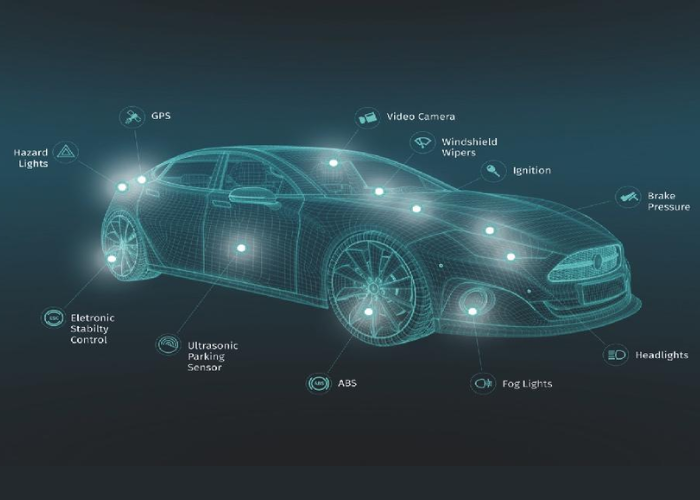Autonomous vehicles, often known as self-driving cars, are changing the transportation landscape and completely disrupting the auto business. These autonomous vehicles do not require a human to operate; they are equipped with sophisticated sensors, artificial intelligence (AI), and machine learning algorithms. The significance of an autonomous vehicle training program is rising in parallel with the expanding use of driverless cars. This blog will discuss the significance of the Autonomous Car Course.
-
Developments in Technology
The development of self-driving car technology relies heavily on autonomous vehicle training programs. The most recent developments in sensor fusion, computer vision, machine learning, and deep learning methods utilized in autonomous cars are covered in detail in these classes. By learning the ins and outs of these fields, students can help make autonomous vehicle systems that much more effective, dependable, and secure.
-
Regulations and Safety
Safety is a major concern while developing and using self-driving vehicles, and this topic is heavily covered in autonomous vehicle training programs. The safe operation of autonomous vehicles on public highways is addressed in these classes, along with related issues, including safety legislation, risk assessment, functional safety, and fail-safe mechanisms. With the information gained from autonomous vehicle training courses, professionals can implement safety measures that align with industry standards and regulations, reducing the likelihood of accidents and protecting the well-being of passengers, pedestrians, and other road users.
-
Ethical Considerations
Ethical challenges related to autonomous vehicles include decision-making in emergencies, responsibility and guilt, and invasions of personal space. Training in using autonomous vehicles can serve as a forum for these kinds of moral questions. Students are taught about the moral issues raised by self-driving automobiles and are prompted to consider the complexities of these issues critically. Professionals can benefit from autonomous vehicle training since it emphasizes ethical awareness and critical thinking, allowing them to make better judgments and create more trustworthy autonomous vehicle systems.
-
Real-Life Examples
Training in autonomous vehicles provides students with hands-on experience that can’t be found in the classroom alone. Students gain real-world experience in developing, constructing, and testing autonomous vehicle systems through real-world examples and simulations in these courses. The problems and complexities of autonomous driving are better understood through this hands-on experience, better-preparing students for real-world settings in the business.
-
Multidisciplinary Method
Computer science, electrical engineering, mechanical engineering, control systems, and transportation systems are just a few of the many disciplines often represented in courses on autonomous vehicles. By using an interdisciplinary approach, students can better absorb the big picture of autonomous vehicles and think creatively about how to solve the problems that arise with this technology. This range of expertise is highly sought after in the field since it facilitates the formation of multidisciplinary teams that can address all aspects of developing autonomous vehicle systems.
Conclusion
With the transportation landscape shifting rapidly, a course on autonomous vehicles has never been more relevant. This program gives people the tools they need to help advance the field of autonomous cars, which could revolutionize how people get about and move things. Taking an Autonomous Car Course can help you get ahead of the curve in the rapidly evolving field of autonomous vehicles and open doors to exciting new job prospects.
